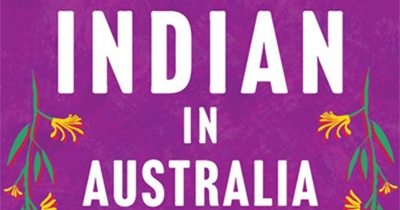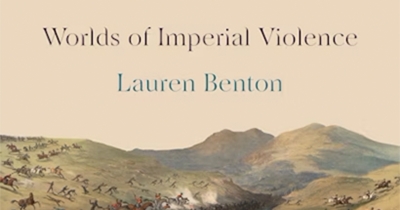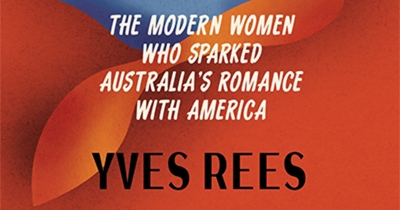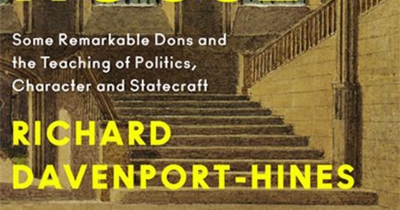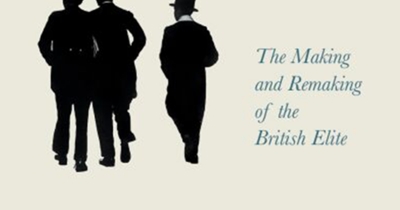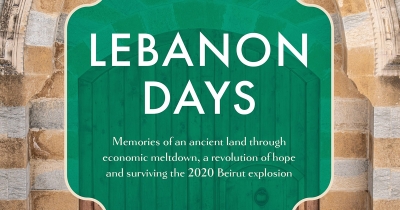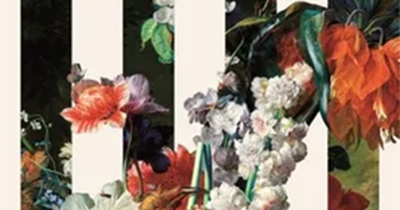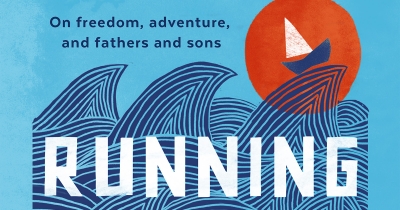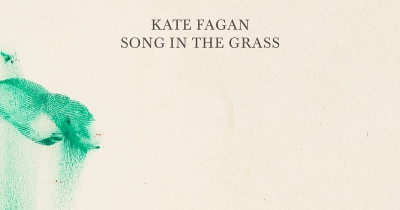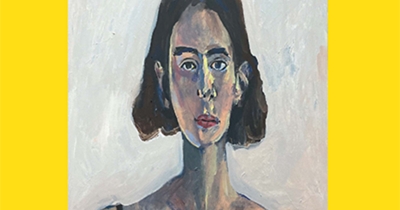Review
They Called It Peace: Worlds of imperial violence by Lauren Benton
by Jeremy Martens •
Travelling to Tomorrow: The modern women who sparked Australia’s romance with America by Yves Rees
by Kirsten Tranter •
History in the House: Some remarkable dons and the teaching of politics, character and statecraft by Richard Davenport-Hines
by Glyn Davis •
Born to Rule: The making and remaking of the British elite by Aaron Reeves and Sam Friedman
by Gordon Pentland •
Lebanon Days: Memories of an ancient land through economic meltdown, a revolution of hope and surviving the 2020 Beirut explosion by Theodore Ell
by Richard Freadman •
The Garden Against Time: In search of a common paradise by Olivia Laing
by Kate McFadyen •
Running with Pirates: On freedom, adventure, and fathers and sons by Kári Gíslason
by Shannon Burns •

